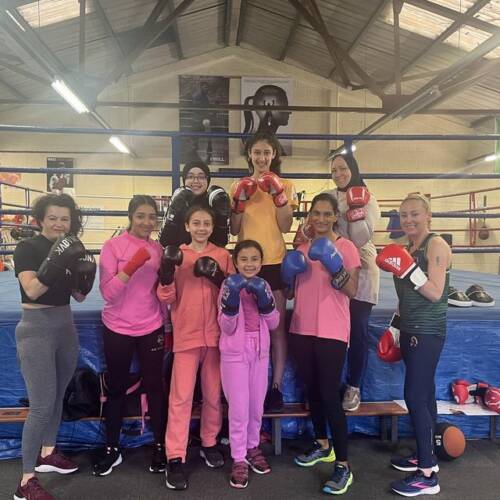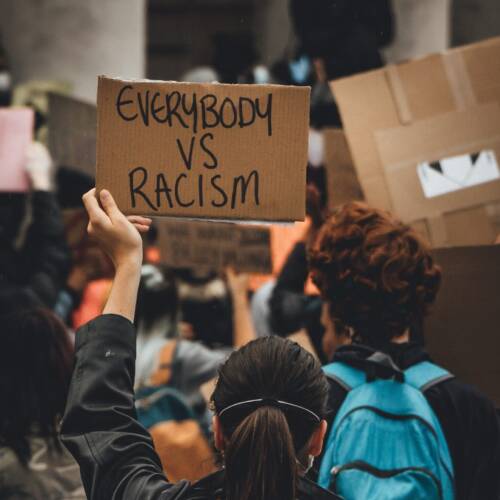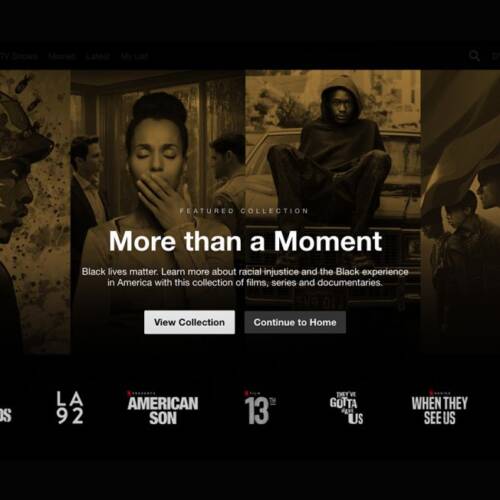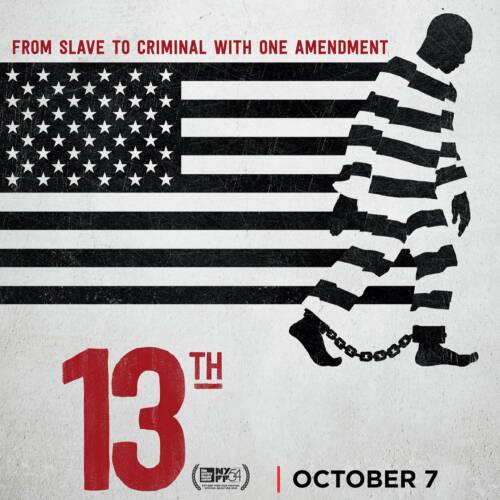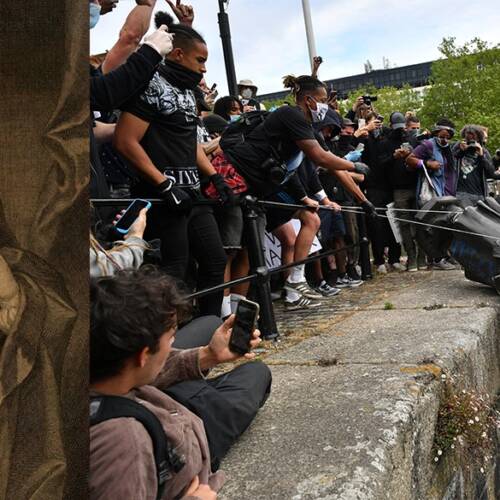
The Ugly Face of Racism in Cricket and UK Sport Is Not New
17 Nov 2021It appears English cricket is slowly picking up the shattered glass of ex-England cricketer Azeem Rafiq after his damning revelations in front of the Digital, Culture, Media and Sport select committee spotlighting how historical and structural racism and racial inequalities still exist within sport. The bigger question I ask is how much is this reflective of UK society in general? One only has to look at the recent despicable and racist backlash England’s three black players received after crashing out of the Euros to find the answer.
This racist visceral response shocked many who thought we had moved on from the ‘bad old days’ when so-called white ‘footy fans’ chased rival black fans like me at matches. I well remember the “Sieg Heil’s”, “Get the Wog” chants as well as the ‘popular’ song “Coon, coon, hit the coon over the head with a baseball bat.” Witnessing toxic experiences of Monkey chants or banana skins thrown at early pioneering black players at those 80s matches meant many in my generation had not been fooled by the ‘woke leftist crowd’ or Prime Minister Boris Johnson’s recent Commission on Race and Ethnic Disparities report that the U.K. is “NOT structurally racist.” Paradoxically, in the light of Rafiq’s damning testimony, the prime minister is now saying,“ …. there is no place for racism in sport, and equally there’s no place for racism in society” Huh?
Azeem Rafiq’s testimony in my opinion is a better ‘gauge’ as to the real race relations climate in modern Britain, especially having scaled its sporting heights. But are we ready as a society for that conversation? According to him, racist terms were used “constantly” during his two tenures with Yorkshire Cricket Club. “Everyone saw it. No one did anything about it.” He also alleges former England captain and BBC cricket pundit Michael Vaughan said “too many of you lot, we need to do something about it” while at Yorkshire. Unsurprisingly Vaughan vehemently denies it.
In a reply, I feel smacks of white privilege, England Test captain Joe Root said Rafiq’s allegations have, “fractured our game and torn lives apart” still he could not recall any instance of racism at the club. Rafiq responded saying he found his statement “hurtful” because Root was on nights out when racist language directed at his Pakistan heritage was used. “Joe might not remember it but that shows just how normal it was…” Rafiq first spoke out last year, claiming “institutional racism” at Yorkshire left him close to taking his own life. Seven of the 43 allegations were upheld by an independent panel last month and found he had been a victim of “racial harassment and bullying.”
Perversely, Yorkshire said they would not take disciplinary action against any player, employee or executive, yet paradoxically, Roger Hutton and Mark Arthur resigned, with Hutton’s replacement as chairman, Lord Patel, apologising “unreservedly” and settling the employment tribunal with Rafiq. Yorkshire is now suspended from hosting international matches by the ECB and sponsors such as Yorkshire Tea or Nike have either decided to discontinue deals or end partnerships.
But is it all doom and gloom? A simple perusal of the Equality and Human Rights Commission as far back as 2015 showed it funded a £450,000 initiative to boost participation levels in cricket. The joint scheme with the English Cricket Board (ECB) was about establishing targets to recruit new coaches, create opportunities for women, girls and ethnic minorities to play cricket across 1,000 clubs nationwide. To also conduct accessibility audits for disabled access at first-class county grounds. I feel practical schemes such as this need to be revisited, revised, upgraded and increased in light of Rafiq’s revelations.
Of course, this process will take time, collectively, we need anti-racist determination and legislation if possible to bring transformational change, by harnessing the powerful popularity sports plays in the nations psyche as a means to drive equality, inclusion and diversity to change attitudes. This ensures that our beloved sporting institutions are fair to all so at every level it’s a positive, life-affirming and fun experience.






